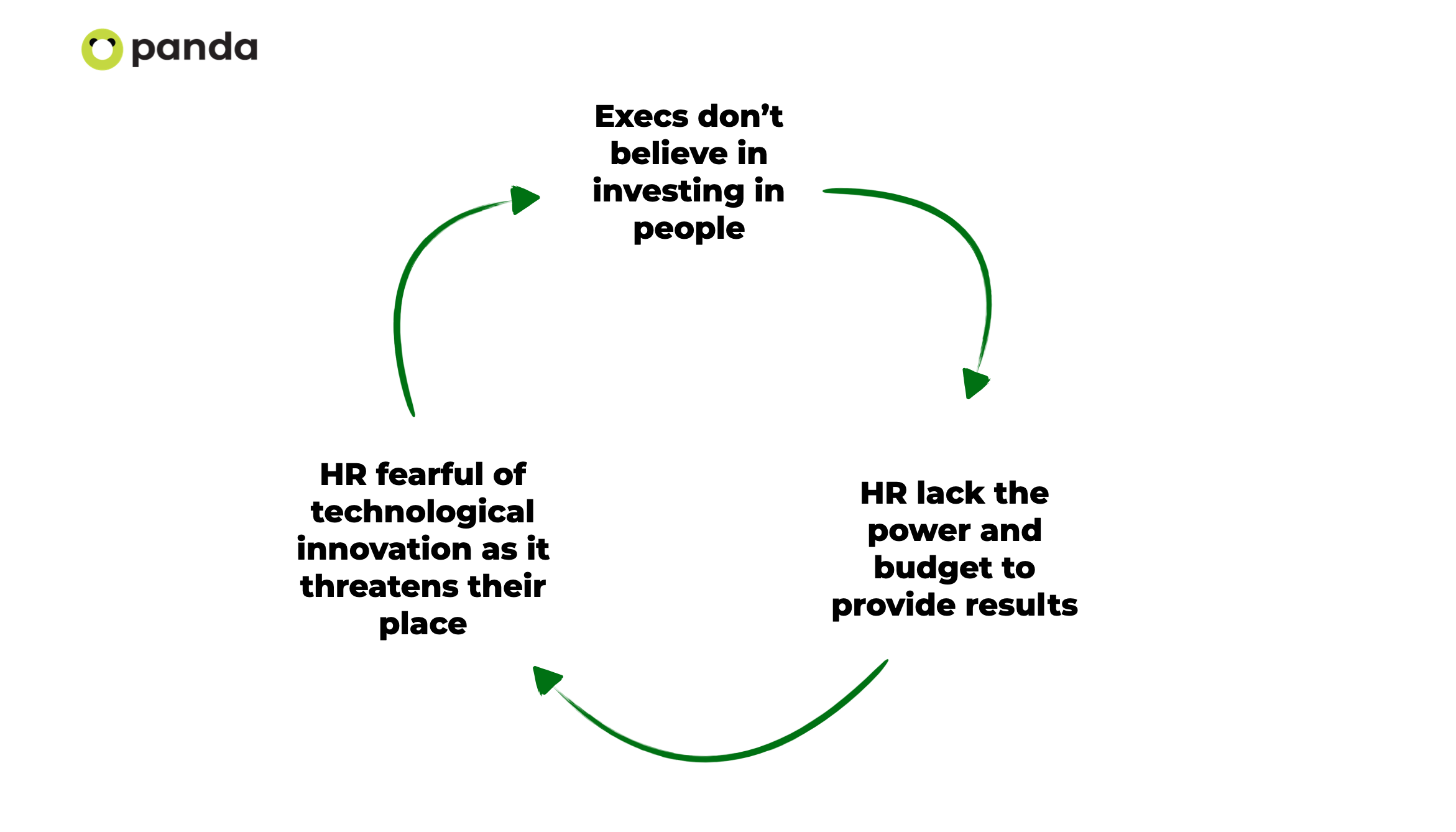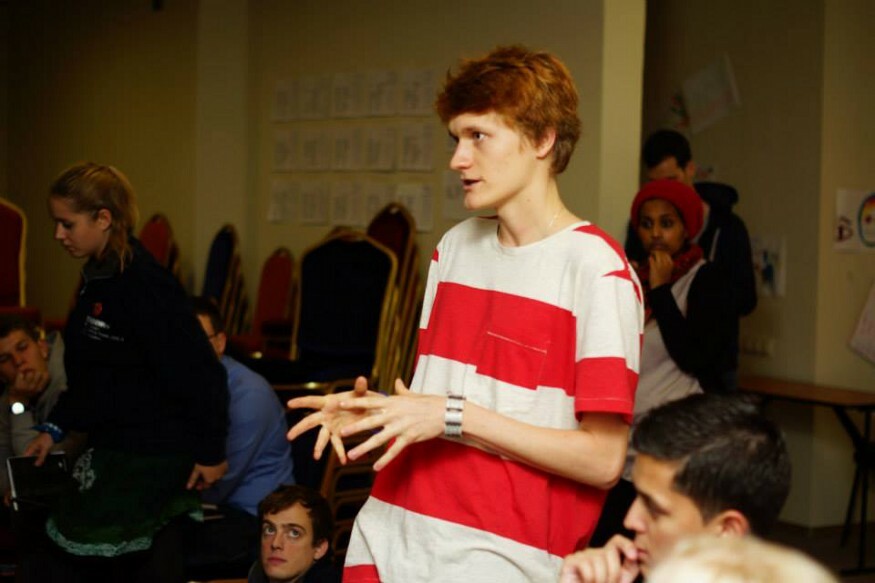Incumbents focus on big clients and fat margins. They ignore small niches because for a $100 billion company to grow 10% one needs to find an opportunity worth $10 billion.
By going downstream and finding a profitable way to deliver, you compete against non-consumption. You find a “blue ocean”. Over time, this stronghold and ability to stay leaner allow you to go upstream and replace the incumbents.
One market ripe for low-end disruption is the education market.
Education market
In 2030 the global education market will reach $10 trillion. Traditionally, education has been very expensive (the US is a case in point). There is a reason why most education is done by governments and in places where it isn’t a mess. As highlighted in The Rational Optimist by Matt Ridley:Healthcare and education are among the few things that cost more in terms of hours worked now than they did in the 1950s.
In 2021, 0.8 billion adults worldwide are illiterate and 7.4 billion people don’t have a Bachelor’s degree. These people are also poor. People in the bottom 50% of income have only 12–13% of the world’s wealth.
Making education plainly cheaper is a huge opportunity. And it is not only relevant to the poorest of the world. Education is expensive also for the people in the top 10% of wealth distribution. I am the CEO of a startup that democratizes coaching with a Chatbot Coach. You might be surprised, but the price of coaching can be as high as $250 per hour. Even the people in the Western world with an average salary of $36,000 can’t typically afford to use coaching on a consistent basis.
AI education
My startup is a good example of this trend. AI technology is maturing and for the first time allows us to provide a truly personalized learning experience with a minimal cost at a large scale.If this doesn’t seem like a big deal to you, let me give you an example. Within several years we would be able to lower the cost of coaching to $1 per hour. This is a 250X leap.
Will chatbot coaching be as good as traditional coaching? Seeing our user feedback and understanding technological capabilities I have high confidence that it could actually be better. Any highly advanced technology is indistinguishable from magic.
And coaching is just one example. Imagine AI teachers, AI psychotherapists, AI professors.
Peer-to-peer learning
Peer-to-peer learning is another way to make teachers less needed. The idea is simple, people can learn from each other and learn by doing with peers without a dedicated mentor.Here I also speak from experience, having co-founded a platform for 1-on-1 video meetings for founders who are working toward launching their businesses. What we learned by building this startup is that simply putting like-minded people in the same room creates values for both.
Y Combinator started the trend of accelerators supporting startup founders. Yet, only 1% of startups get into top-quality accelerators. Perhaps the accelerator of the future is peer-to-peer.
Corporate education is an untapped market
Only 6% of the global education market is in corporate education. The potential of corporate learning is underappreciated. People are the most important resource of any company, yet very few take it seriously. Having talked to 1000s of HR and executive representatives, my conclusion is that the picture looks gloomy.On the one hand, executives see HR as a necessary evil. They don’t believe in investing in people, rather seeing it as a cost. On the other hand, HR lack the power and budget to provide results. This leads them to be fearful of technological innovation at times, as it threatens their place even more. It is a vicious loop.

Self-awareness is key
Lastly, a personal note on the value of education. This is something that is hard to prove, but personal experience taught me the value of self-awareness. My second birth happened when I was asked to reflect on my fears, values, and dreams at a leadership development conference.
The leverage of self-awareness is not even 100X, it is infinite. It is the difference between living a life on autopilot and understanding, as Steve Jobs said, that:
Everything around you that you call life was made up by people that were no smarter than you. And you can change it, you can influence it.
